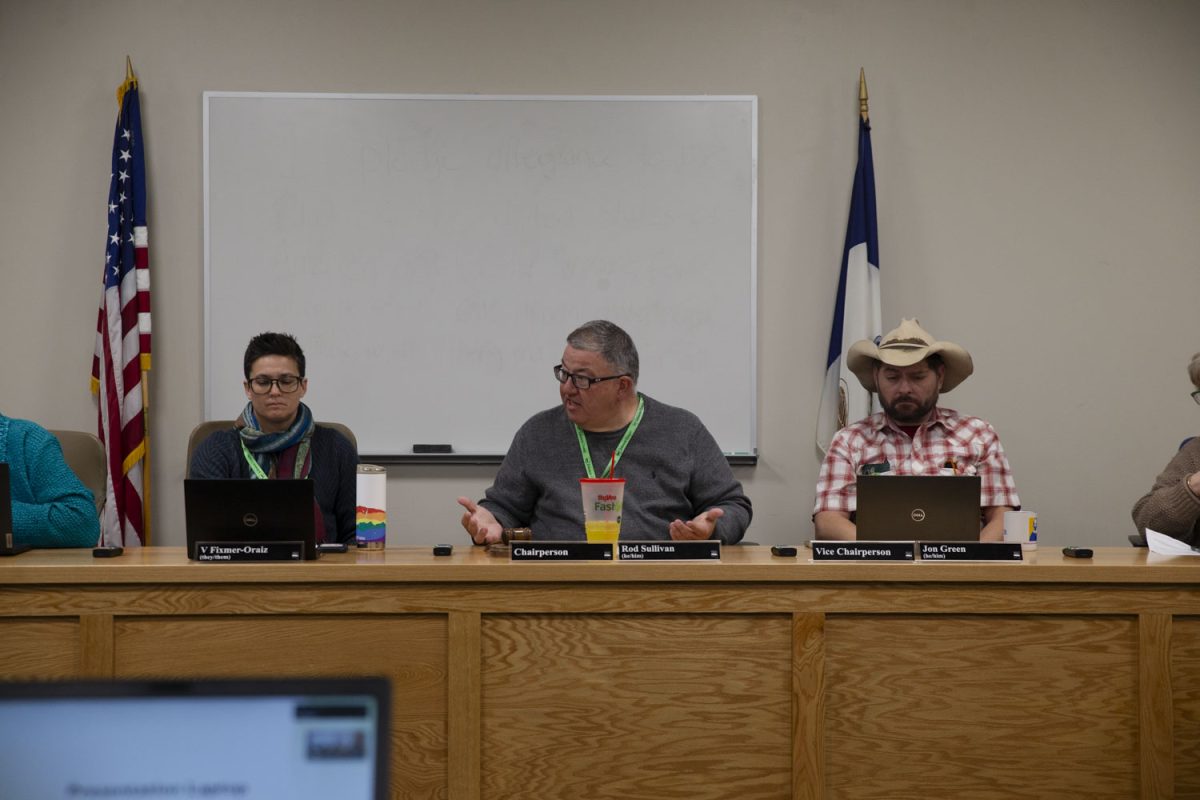Disorderly house citations have spiked following increased enforcement by Iowa City police, records show.
According to police statistics, the number of citations written has tripled from 90 in 2007 to 273 in 2010.
Officials said the increase was largely the result of the party patrol, established in the wake of the 21-ordinance, along with a new University of Iowa police downtown shift that allows Iowa City officers to spend more time in the neighborhoods.
“There was community concern that the parties were going to be out of hand because of the [21-ordinance],” said Iowa City police Sgt. Denise Brotherton. “And because downtown was slower at the time, we could turn around and have the party patrols out of downtown and out in the neighborhoods.”
Implemented by the Iowa City police last fall, the “Party Patrol” is active Thursday, Friday, and Saturday nights, focusing primarily on parties in residential neighborhoods.
Teams of two to four officers are paid overtime on the patrol.
Brotherton also said the UI police Power Shift — which sends two to three UI officers downtown between 5 p.m. and 3 a.m. — has helped city police focus on the neighborhoods. The shift was added in June 2010.
“We had to have so many officers downtown that the parties would sit and hold for hours, and by the time we got to them, they’d be quieted down or broken up,” Brotherton said. “So the officer didn’t need to write a citation or knock on the door.”
But now, city police have been able to designate the manpower necessary to deal with rowdy parties.
“A lot of it is just officer presence,” Brotherton said. “Just having that uniform prevents a lot of those problems from happening, regardless of the age of people.”
And while some students said they’ve noticed more officers in their neighborhoods, several said they weren’t surprised by the number of tickets.
“At my friend’s house … up on Gilbert, they’ve had parties busted probably four or five times,” said UI senior Nick Hallman. “If you get all the people away from the bars, they’re bound to go somewhere else.”
But increased citations do not necessarily indicate amplified partying, said Bob Saltz, who helped conduct a study on police patrolling on college campuses in 2009 with the Pacific Institute for Research and Education.
“There’s kind of no predicting, if you held a high level of enforcement, when you would start to see a reduction in the number of citations written,” he said.
Saltz’s research found that after a given amount of time, students will self-police.
“All you need to really do is to raise in people’s minds the probability that they might get cited. That’s really the goal,” Saltz said. “And that’s part of a package of other things [Iowa City is] doing as well.”
Iowa City City Councilor Connie Champion said the City Council discussed neighborhood police enforcement prior to the 21-ordinance, with concerned residents in mind. The councilors are satisfied with officers’ actions
“I think kids are still going to party, we all did it,” Champion said. “And it’s not the most horrible thing that it happens. I think the problem gets to be when it’s too loud.






